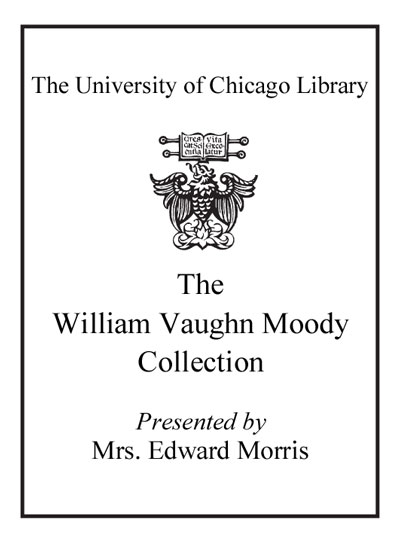Review by Choice Review
According to Coleman (Univ. of North Carolina, Chapel Hill), Caliban--a nonwhite character in Shakespeare's Tempest--represents "the antithesis of the reason, civilized development, freedom, and power of white men, and he never learns the civilized use of language." Coleman argues that Caliban has become a heroic figure of liberation for many modern black male writers because of his rebellion against the very language and order imposed on him by his oppressors. The author presents his case through an examination of the novels of such authors as John Edgar Wideman, Clarence Major, Charles Johnson, William Melvin Kelley, Trey Ellis, David Bradley, and Wesley Brown. Though in places, particularly in the chapter on Johnson, Coleman's treatment becomes overly dense and jargon ridden, the discussion is often compelling, especially in the two chapters on Wideman. And the book is important as one of the few studies devoted to contemporary black male fiction. Recommended for graduate students, faculty, and advanced upper-division undergraduates. L. J. Parascandola Long Island University--Brooklyn Campus
Copyright American Library Association, used with permission.
Review by Choice Review

